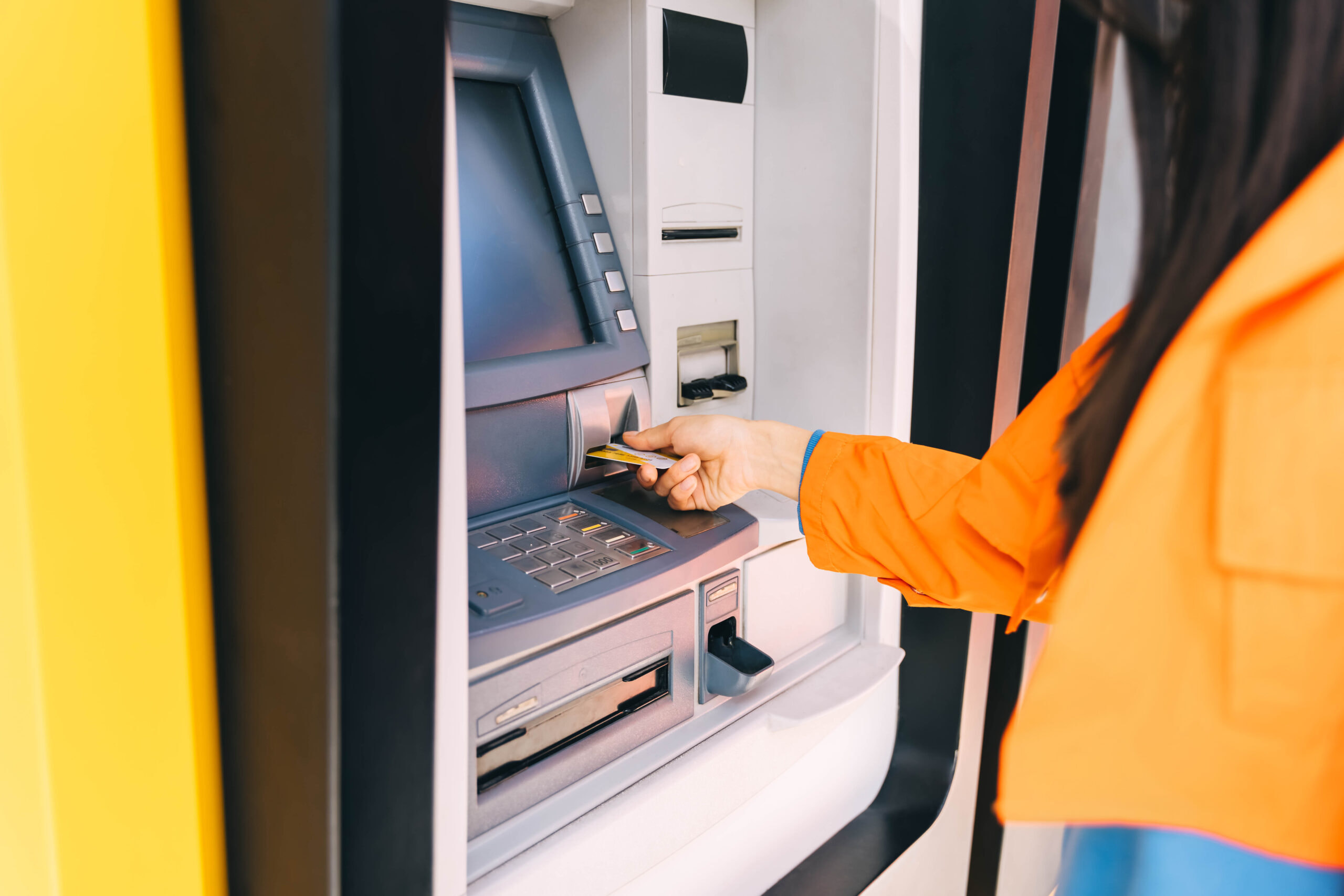No one wants to schlep to work on their day off to pick up a paycheck or wait for it to arrive in the mail, especially when you've got bills to pay. But there's another way to get paid that's better and faster1 than an old-fashioned paper check — direct deposit.
Once you're signed up, the benefits of direct deposit are at your fingertips. This way of getting paid lets you access your hard-earned money faster1 and more safely than with a paper check. All it takes is knowing how to get started to reap the rewards.
What is direct deposit, and how does it work?
Direct deposit is a method of payment you can sign up for with most employers. Instead of getting a paper check in the mail or in person, direct deposit electronically transfers funds to your Card Account.
Instead of printing a paper check to hand out or mail to you on payday, your workplace sends funds electronically to your Card Account. This means when you wake up on payday, your money is already waiting for you in your Card Account.
To enroll in direct deposit, you need to submit a direct deposit form to your employer. Your financial institution usually has its own form you can download and submit to your employer, but some workplaces have their own form to fill out on paper or online.
You only need basic personal details and your Card Account information to enroll in direct deposit. In addition to your full name and address, you'll need to provide your financial institution name, account number, and routing number. Much like mailing a physical check, your employer needs to know where exactly to send your direct deposit funds. You can think of your routing number like an electronic address: it tells your job which financial institution to send your money to. Your account number, on the other hand, is tied to your Card Account specifically. These two identification numbers work together to ensure your money gets to the right place on payday.
The benefits of using direct deposit
Direct deposit is a total win for your Card Account. Signing up for direct deposit has many benefits, including getting your money up to 2 days faster1 and more safely than getting paid by a paper check.
Save time and stay safe
When you sign up for direct deposit, you'll get your money sent to your Card. This means you don't have to stand in line to cash or deposit your check week after week.
With the COVID-19 pandemic, the time savings are even greater. Many banks are operating at a reduced capacity, and some are closing lobbies and branches altogether until safety restrictions are lifted. This can lead to longer wait times in line or appointment-only service. Skipping a trip to the bank means no long waits or exposure to others who could be sick.
Protect your paycheck
Some people are hesitant to sign up for direct deposit because they don't trust internet transfers, but direct deposit is actually safer than paper checks because you can't misplace a direct deposit in the same way that you can a paper check.
Once your paycheck is in your Card Account, it's there to stay. This means you can avoid the check getting lost in the mail or lost on your way to cash it, and there's no way anyone else can cash it in. It's also an excellent option for busy people. Even the best of us can get overwhelmed with commitments, and with direct deposit, you'll never forget to cash a check that you saved as an errand for "tomorrow."
Get paid up to 2 days faster1 with Direct Deposit
You may not even need to wait until payday to get your money. If you enroll in direct deposit with a Netspend Prepaid Card you could get paid up to 2 days faster.1 Which means, you could see your paycheck in your Card Account up to 2 days before payday.1
The bottom line
If you're still cashing paper checks from work, you're missing out on the chance to protect your paycheck and get access to your money faster. Not only does direct deposit save you the time and hassle of going to cash a check and waiting for funds to clear, but it's also a safer way to get your money where it belongs. And with a prepaid card from Netspend, you'll have cash in hand faster than a paper check.1



